Ancient History looks at every aspect of the ancient world: you'll find articles covering politics, society, literature, language, religion, economics, and art - all in one magazine! Like its big brother, Ancient Warfare, Ancient History Magazine is a bi-monthly, 60-page magazine that relies on a thematic approach: each issue is centered around one specific subject. From ancient Egyptian trade and Roman family life to the lost city of Pompeii, there's sure to be something for everyone - all presented in a well-researched but accessible, fun manner.
ANCIENT HISTORY MAGAZINE
ON THE COVER
EDITORIAL – REVOLUTION AND REVERSAL
PRELIMINARIES
THE LOST STORY OF MAES TITIANUS • From the border of the Roman Empire to the Pamir Mountains, all the way to the capital of China: Maes Titianus’ account of the Far East might have been one of antiquity's greatest tales. Frustratingly, it was lost long ago.
‘EAT LIKE A KING’ • Scattered across several of the more obscure sources for the history of Alexander the Great are numerous anecdotes that are well worth deeper investigation. An immensely long stratagem in Polyaenus of Macedon’s Strategemata (4.3.32) tells of the discovery of a list of all the ingredients necessary for the Persian king’s breakfast and dinner. The anecdote is not found anywhere else in the main sources for Alexander, but it is much more than just a list of ingredients: the anecdote provides insights into, not only Alexander and attitudes to Persian practices, but also the literary environment in the second century AD.
AKHENATEN AND NEFERTITI • The reign of Akhenaten was a brief but important period of Egyptian history, radically changing the fabric of Egyptian society. Fascinating modern scholars as much as he inspired abhorrence in his successors, Akhenaten is remembered as a religious revolutionary and a heretic-king.
ATEN, THE SOLE GOD • In 1352 BC, the so-called ‘heretic’ king, Akhenaten, came to the throne and ruled for seventeen years. During this time, he established a new religion, a new art style, and a new city. The new religion was centred around the Aten, the sun-disc that created all people, animals, and plants anew each day with its life-giving light.
AKHETATEN • Akhenaten is remembered mostly for his introduction of a wholly new religion to Egypt and banning worship of the traditional pantheon. Yet, Akhenaten was also responsible for the construction of a monumental city, home to tens of thousands of people, in just a few short years. One abandoned almost as quickly as it was constructed.
THE UMMAHNU AFFAIR • A new king, a new supreme god, a new capital: when Akhenaten chose Aten as his favourite deity, he also chose a new residence. Akhetaten, as it was called, has been identified near the modern town of El-Amarna. German archaeologists have investigated the site since the 1840s. In 1887, they discovered 382 letters that had once been part of the Egyptian state archive.
REPRESENTING THE ATEN • Akhenaten’s reign not only saw the abandonment of the traditional Egyptian pantheon in favour of a new god, but it also saw the introduction of a radical new art style. The new motifs served to emphasize Akhenaten’s power as the sole representative of the Aten on Earth.
THE LEGACY OF AKHENATEN • The reign of Akhenaten fundamentally changed ancient Egyptian society. Yet, within a few years of his death, most traces of his rule were erased. How was such a radical reign erased, and what happened to Egypt in the aftermath?
RELIGIOUS REVISIONISM? • The Seven Books of History Against the Pagans (Historiarum Adversum Paganos Libri VII) by the early fifth-century Iberian priest Orosius has enjoyed a less-than-stellar reputation among modern academics. The polemical tone adopted by its author has led to its widespread rejection as a particularly useful...
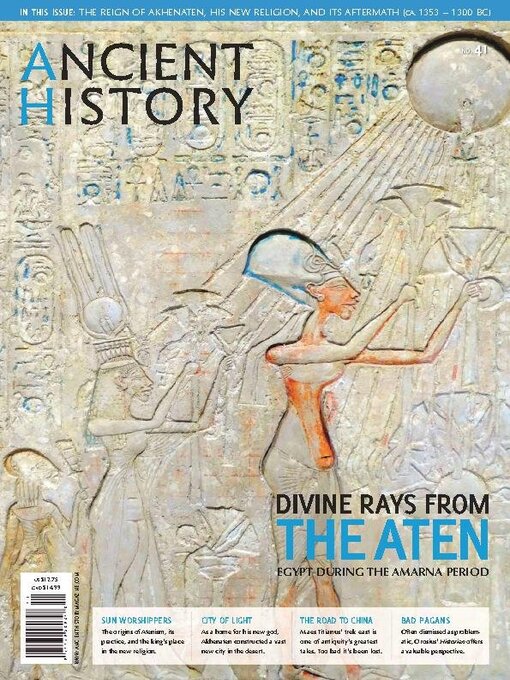
 AH 57
AH 57
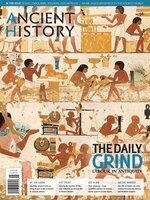 AH 56
AH 56
 AH 55
AH 55
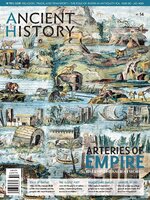 AH 54
AH 54
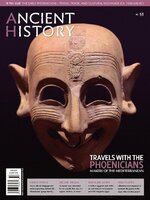 AH 53
AH 53
 AH 52
AH 52
 AH 51
AH 51
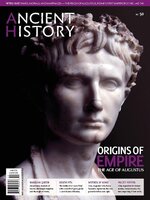 AH 50
AH 50
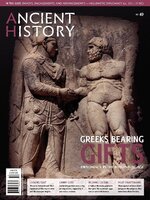 AH 49
AH 49
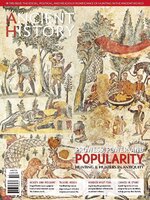 AH 48
AH 48
 AH 47
AH 47
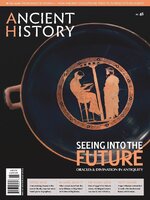 AH 46
AH 46
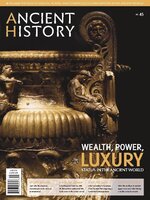 AH 45
AH 45
 AH 44
AH 44
 AH 43
AH 43
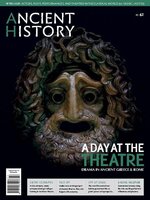 AH 42
AH 42
 AH 41
AH 41
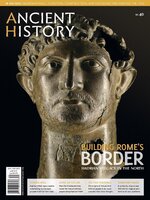 AH 40
AH 40